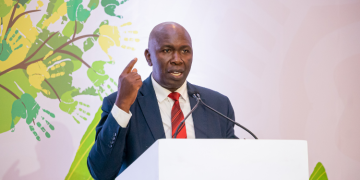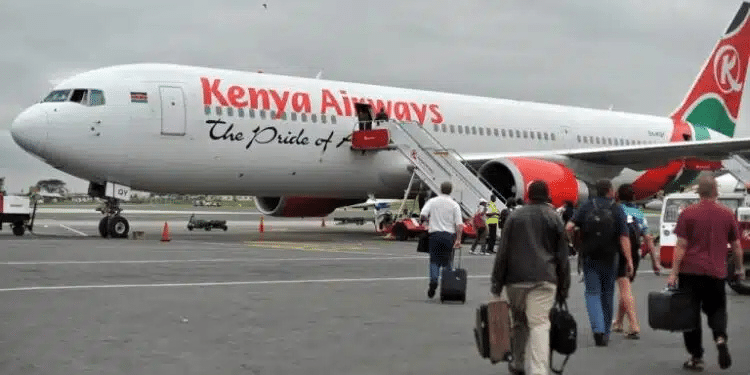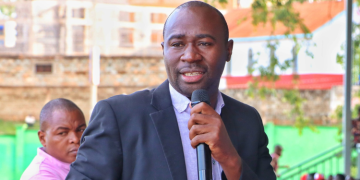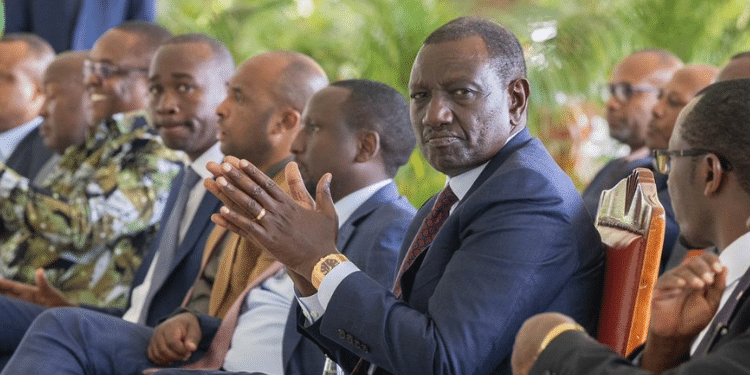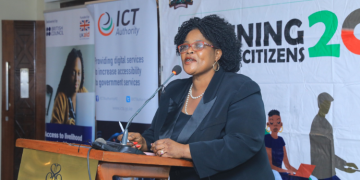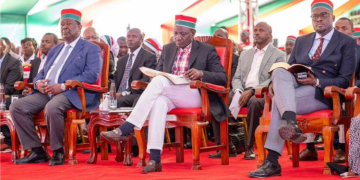The Communications Authority of Kenya (CA) has proposed an increase in licensing fees for satellite and cable communication providers, including Starlink.
The proposal seeks to merge two existing license categories, the Satellite Landing Rights (SLR) and Satellite Communication Landing Rights (SCLR), into a new, consolidated ‘Landing Rights License’.
According to CA, the changes will promote technology neutrality, allowing service providers to transmit signals into Kenya using any technology.
Additionally, the authority intends to encourage and diversify investment in the sector.
“This change aims to ensure technology neutrality and allow investors to land signals using any technology,” the Authority stated.

Also Read: KICC Boss Details Why Kenya Should Not Allow Starlink to Compete with Safaricom
What Does This Mean for Starlink
The proposed regulations come at a much higher cost. If implemented, the 15-year license fee would rise from the current Ksh1,638,872 (USD 12,302) to Ksh15,364,395 (USD 115,331), ten times increase.
CA’s proposal also introduces an annual operating fee of 0.4 percent of gross turnover, further raising operational expenses for providers.
Consequently, companies like Starlink, a satellite internet service launched by SpaceX, would face a significant financial impact under these new terms.
If approved, Starlink will be required to pay Ksh5,000 as a one-time application fee and Ksh15 million as an initial license fee.
Additionally, the company will pay an annual operating fee of Ksh4 million or 0.4 percent of its total annual sales, whichever is higher.
For instance, if 0.4% of a company’s annual sales is more than Ksh4 million, they will pay the higher amount. Otherwise, the minimum fee will apply.
The license will be valid for 15 years before renewal.
Also Read: Elon Musk Responds to Starlink Suspension in Nairobi
Other Proposals by CA
At the same time, the Communications Authority (CA) aims to broaden the scope of services satellite internet providers can offer.
The new guidelines would allow satellite providers to operate terrestrial cables, telemetry systems, tracking stations, and even participate in space research.
This could pave the way for Starlink to set up ground stations in Kenya, a move that was earlier opposed by regulators.
“License holders should be allowed to establish satellite systems, including hub facilities, and offer satellite services, provided they adhere to the geographical coverage requirement of serving at least three counties in Kenya,” added the CA.
Follow our WhatsApp Channel and join our WhatsApp Group for real-time news updates.

















